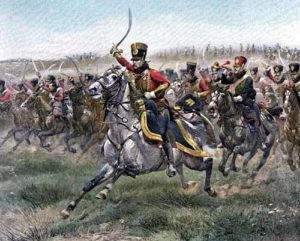Originally published by David Coale.
 Nester v. Textron, Inc. affirmed a judgment for the plaintiff in a products liability case, arising from a gruesome accident involving a golf-cart like utility vehicle. In reviewing challenges to the jury charge, theFifth Circuit discussed in detail two important issues:
Nester v. Textron, Inc. affirmed a judgment for the plaintiff in a products liability case, arising from a gruesome accident involving a golf-cart like utility vehicle. In reviewing challenges to the jury charge, theFifth Circuit discussed in detail two important issues:
- PJC Power. A state’s approved pattern jury instructions are presumptively correct, especially when the record shows a lack of harm: “Federal judges often face the workaday dilemma of how much state law to consolidate expressly into the jury charge. . . . The list of conceivable additions goes on. But, as our prior cases indiate, a commonly administered PJC is often an entirely sensible place to draw the line. . . . At the end of the day, Textron asks us to hold that the district court erred by refusing to deviate from a standard Texas instruction. That definition permitted Textron to make its arguments about various tradeoffs to the jury (it did so) and gave those jurors a means to find in Textron’s favor (they balked).”
- Casteel, federal-style. After a thorough (and infrequently-seen) summary of how federal law has developed on the “Casteel problem” of commingled liability theories, the Court concluded: “We will not reverse a verdict simply because the jury might have decided on a ground that was supported by insufficient evidence.” (applying, inter alia, Griffin v. United States, 502 U.S. 46 (1991)).
No. 16-5115 (April 18, 2018).
Curated by Texas Bar Today. Follow us on Twitter @texasbartoday.
from Texas Bar Today https://ift.tt/2qMBMg9
via Abogado Aly Website
No comments:
Post a Comment